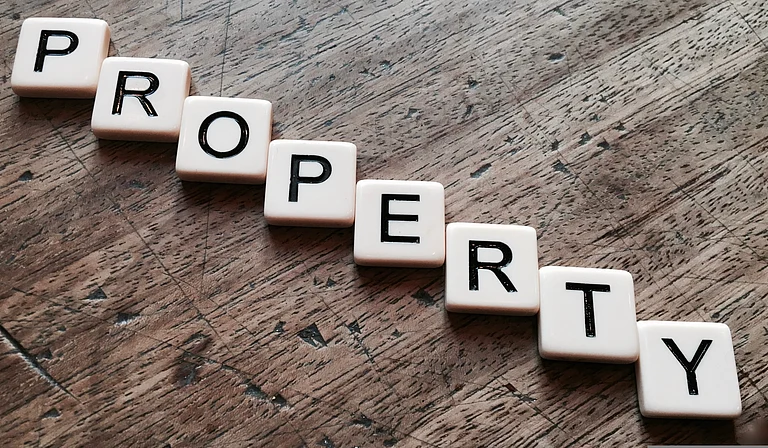For experienced homebuyers, purchasing a second home represents a new beginning, whether you're looking to build an investment portfolio, prepare for retirement or finally make an investment that reaps the rewards of a cabin or beach house. But you're no stranger to real estate, and the rules are different when you're dealing with a second property.
Thinking Of Buying A Second Home? Here's What You Need To Know
If you are planning on buying a second home, here are a few factors that you need to consider before you proceed
A second home is not like your first home, a purchase you undertake for mostly practical and financial reasons. Here's an unvarnished look at what you need to take into consideration before taking the plunge.
Is it good idea to buy second home?
People buy second homes for different reasons, but the most common motivations include:
Spending more time in a favourite vacation spot. Whether it's a quiet beach town or a mountain getaway, having a property in your go-to destination means more than convenience; it gives you a place to truly call your own
Creating cash flow and building equity. A well-located second home can serve as a rental property, generating income while potentially increasing in value over time
Providing for the family. Some choose to buy a home for a child or an ageing parent. This can come with potential tax perks and future appreciation, whether or not you charge rent
Preparing for retirement. Many buyers plan to use a second home now as a vacation property, with the long-term goal of transitioning into it as their primary residence later on
Six Key Factors to Weigh
1. Is It a Smart Investment?
A second home can be a solid long-term investment, especially if it's well-maintained and located in a desirable area. In some cases, you can deduct mortgage interest and property taxes on your income tax return, depending on how you use the property.
But be strategic. A vacation home that's hard to get to might see less use, and a rental property in a low-demand area might sit empty, leaving you to cover the mortgage without any rental income.
When choosing a location, think beyond your preferences. Ask whether others would want to rent there or eventually buy.
2. Can You Afford It?
Owning two homes means double the responsibilities: two mortgages, two sets of utility bills, maintenance costs, and insurance.
Your lender will scrutinise this too reviewing your debt-to-income ratio and credit score when considering your loan application.
Expect to make a down payment, usually at least 10 per cent for a vacation home and potentially more for an investment property. Closing costs, insurance, and ongoing expenses all need to be factored into your budget.
Shopping around with multiple lenders can improve your chances of getting a favourable rate and loan terms, especially if you have a strong credit history.
3. Understand the Tax Picture
If you rent out the property, that rental income is taxable. At the same time, you may qualify for deductions on mortgage interest, property taxes, repairs, depreciation, and other operating costs.
Accurate recordkeeping is critical if you become a landlord. Keep all documentation of income and expenses organised for tax time.
Buying across state lines adds another layer of complexity. Every state and locality has its own tax rules, and rates can vary widely. Some areas impose higher property taxes based on assessed value, which can significantly impact affordability.
4. Expect the Unexpected
There are unexpected costs to owning any home. Add a second property, and those risks are multiplied. It is critical to budget for repairs, maintenance throughout the seasons, and unforeseen events.
Other costs could include HOA dues, flood insurance if the home is in a flood risk zone and specialised landlord insurance if you want to rent the place out.
5. How Will You Use It?
Your intended use for the second property should guide your decisions from day one. If it's purely for personal getaways, planning is relatively simple. But if you plan to rent it out, even occasionally, you'll need a clear rental strategy.
And that means you need to think about marketing, maintenance, tenant screening and compliance with all the regulations early in the game. Without dependable tenants or a strong leasing plan, expenses can easily outstrip income.
6. Who's Going to Maintain It?
A property close to home might be easy to manage yourself. But if it's several hours away, you'll need a plan. That could mean hiring a local caretaker or working with a property management firm.
For vacation homes used only by you and your family, a trusted neighbour might be able to check in periodically. But if you intend to rent it, strong management can be essential to keeping the home in top condition and your investment secure.
Ask Yourself: Is A Second Home Worth It?
A second home's worth is financial, and also deeply personal. It's an investment that will bring a return and a measure of stability for the future. But it's not for everyone.
What you need is a clear reason to start a company, strong financial backing and a readiness to take on the added responsibility. Without them, a second home can be more stressful than a sanctuary.

